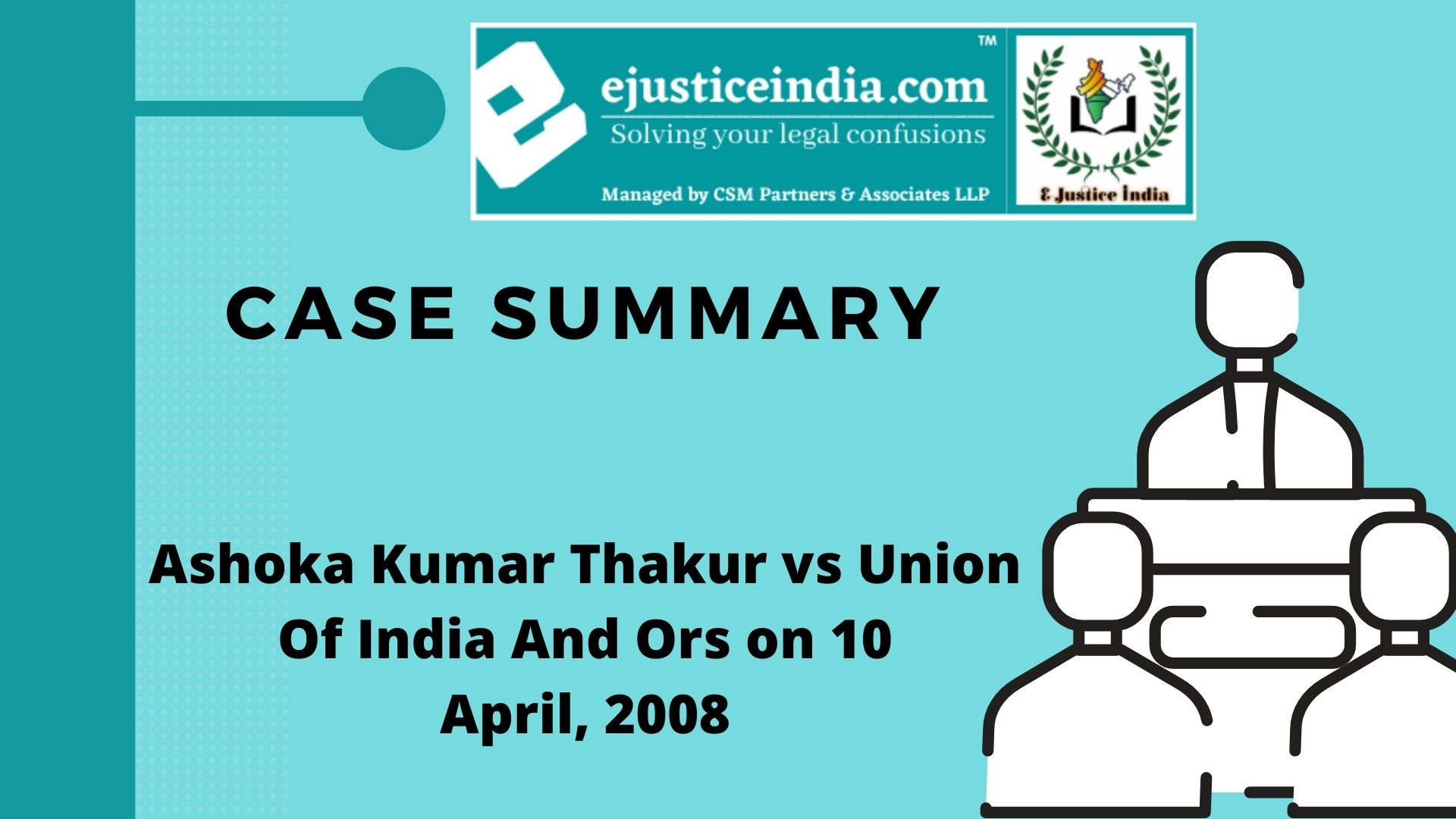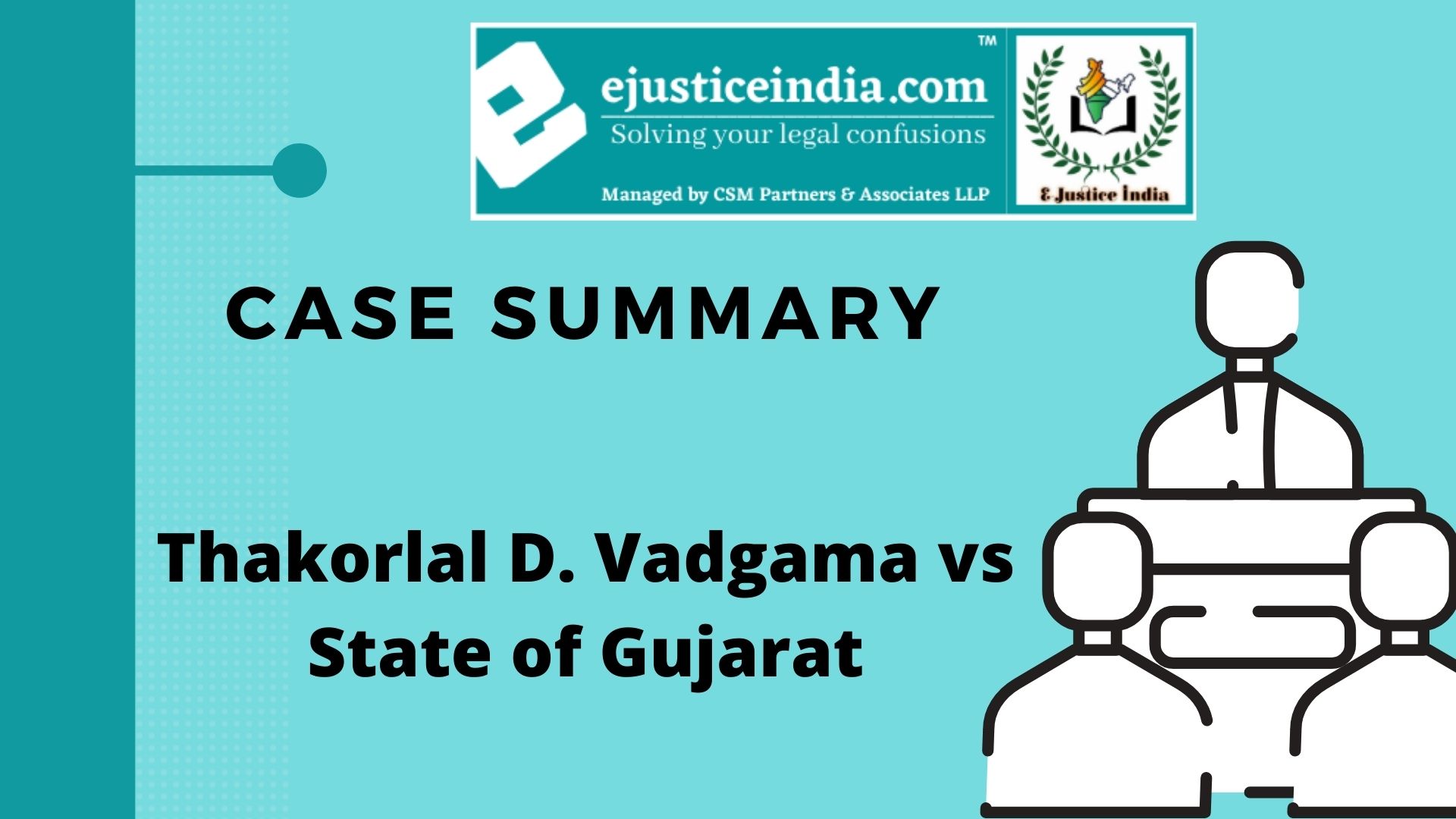Kehar Singh vs. Union of India 1989
Author : Sandeep Rana
Case Name : Kehar Singh vs. Union of India 1989
EQUIVALENT CITATIONS
1989 AIR 653, 1988 SCR Supl. (3) 1102
BENCH
· PATHAK, R.S. (CJ)
· VENKATARAMIAH, E.S. (J)
· MISRA RANGNATH
· VENKATACHALLIAH, M.N. (J)
· OJHA, N.D. (J)
INTRODUCTION
In India, the President and the Governor of states have the power to grant pardon (under article 72 and 161 of the constitution of India) to a person convicted of any offense. Only the President has the power to grant pardons, remission, or to commute in cases of a death sentence when it is satisfied that the person convict of an offense is innocent and there has been a miscarriage of justice or doubtful conviction. it would be guarded by the council of ministers. Whether this power is subject to judicial review or not has always been a debatable question.
ISSUE AND FACTS OF LAW
- Whether there is justification for the views that the president has the power to hear on the merits of the case when the case has already been decided by SC?
- To what areas does the power of the president to scrutinize extend?
- Whether the petitioner is entitled to oral hearing from the president in his petition under Article 72?
- Whether the President’s power to grant pardon can be subjected to judicial review?
FACTS
In the facts of the case, it is stated that Kehar Singh was convicted of an offense under Section 120 read with Section 302 of IPC relating to the assassination of Smt. Indira Gandhi and awarded the death sentence by an additional session judge, New Delhi.
His appeal was dismissed by HC. After that special leave petition and review petition was also dismissed by the Supreme Court. His son presented a petition to the President of India granting pardon to Kehar Singh under Article 72 of the constitution.
The President also rejected the petition under Article 72 and on the next day, in order to prevent the respondents from executing a death sentence, a petition was filed before Delhi HC and later on dismissed. Subsequently, A special leave petition filed was (Under Article 32) before SC.
JUDGMENT
- The court laid down that the order of the president cannot be subjected to judicial review on his merits except within the strict limitations defined in the Maru Ram case.
- The President has the power to scrutinize the evidence on the record of the criminal case, but cannot amend, modify, or supersede the judicial record.
- It has been the great significance of exercising the Pardoning Power of the President being exclusive of administrative nature as it corrects the errors of the judiciary.
- There is no right in the condemned person to insist on an oral hearing before the President and the manner of consideration of the petition lies within the discretion of the President.
- It has also been held that the President’s power to grant pardon is an act of grace, it cannot be claimed as a matter of right.


